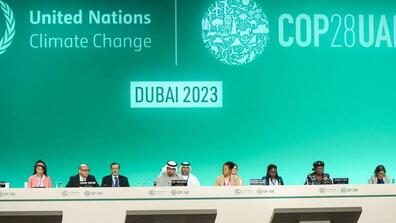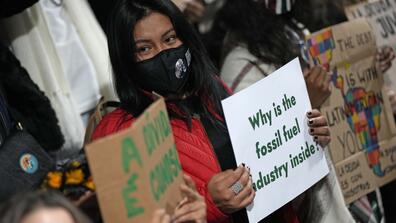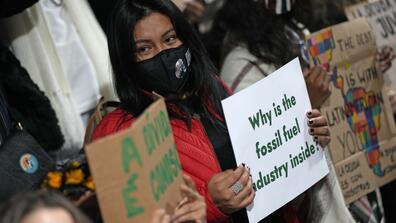Journal of the European Economics Association

Scott Barrett
Lenfest-Earth Institute Professor of Natural Resource Economics

Personal Details
Focus areas: International cooperation, global public goods, climate change, ocean governance, infectious diseases
Scott Barrett is a leading scholar on transnational and global challenges, ranging from climate change to disease eradication. His research focuses on how institutions like customary law and treaties can be used to promote international cooperation.
He has advised a number of international organizations, including the United Nations, the World Bank, the OECD, the European Commission, and the International Task Force on Global Public Goods. He was previously a lead author of the Intergovernmental Panel on Climate Change and a member of the Academic Panel to the Department of Environment in the UK.
Barrett previously taught at the Johns Hopkins University School of Advanced International Studies in Washington, D.C., where he also directed the International Policy program. Before that, he was on the faculty of the London Business School. He has also held visiting positions at Yale, Princeton, Université Paris 1 Panthéon-Sorbonne, the Institute for Advanced Study in Berlin, and École Polytechnique.
Barrett is a research fellow with the Beijer Institute (Stockholm), CESifo (Munich), and the Kiel Institute of World Economics.
Education
- PhD in Economics, London School of Economics
Honors and Awards
- Fellow, Institute for Advanced Study, Berlin, September-December 2016
- Publication of Enduring Quality Award, Association of Environmental and Resource Economists, ("for publications based on their seminal nature and enduring value"), June 2016
- Doctor of Laws, honoris causa, University of Bath (UK), October 2016
- Erik Kempe Award (European Association of Environmental and Resource Economists), 1996
- Resources for the Future Dissertation Prize, 1990
Research And Publications
Social Norms as Solutions: Policies May Influence Large-Scale Behavioral Tipping
Science
Critical Factors for Providing Transnational Public Goods
Global Public Goods
Proceedings of the National Academy of Sciences
Climatic Change
In The Media
Scott Barrett, Noah Kaufman and Joseph Stiglitz write that instead of focusing so much on international climate conferences that require unanimous support, rely on hollow voluntary commitments, and ultimately have little effect on emissions, policymakers should be pursuing narrower binding agreements.
Nature has evolved a diverse portfolio of species to maintain ecosystem function amid environmental fluctuations. Scott Barrett and co-authors examine the response to our era of unprecedented turbulence.
Whether or not countries will follow through on their commitments is uncertain. “The incentive is to hold back, because each country represents just a small part of the total progress needed,” says Scott Barrett.
Whether countries will follow through on the commitments made at the Glasgow climate talks is uncertain. “The incentive is to hold back, because each country represents just a small part of the total progress needed,” says Scott Barrett.
A look at SIPA’s past, and future, at the intersection of policy and the environment.




